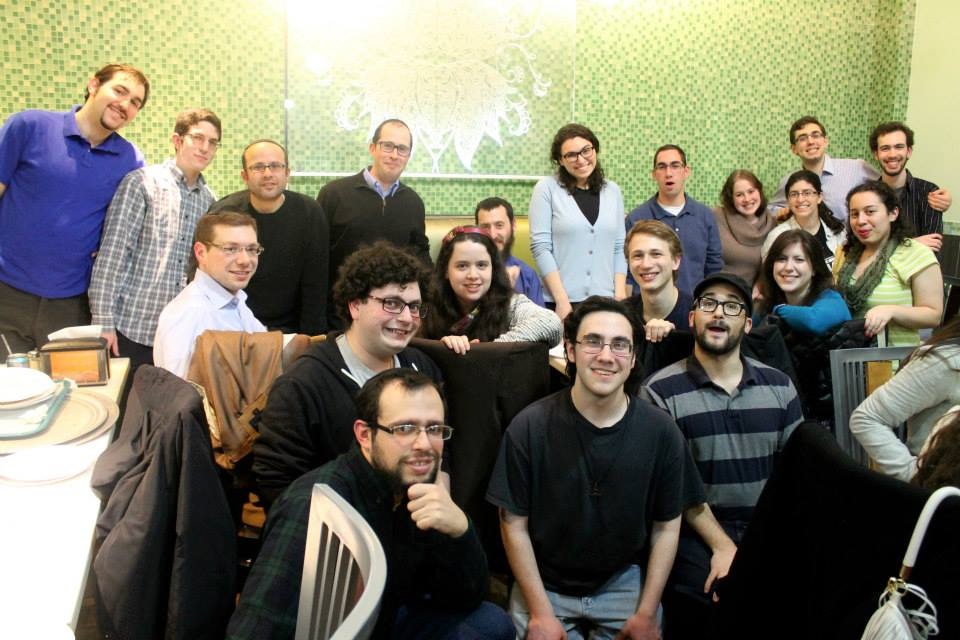Campus Fellows Dinner Meeting

Campus Fellows dinner meeting at the home of Rabbi and Mrs. Marc Angel, December 24, 2014

Campus Fellows dinner meeting at the home of Rabbi and Mrs. Marc Angel, December 24, 2014

Stern/YU: God Save me from Your Opinion-Dec 25, 2014
What makes one a Jew? Being born to a Jewish mother? Converting to Judaism? Not really. It is living by the spiritual order of Judaism that makes one a Jew; living through the Jews of the past and with the Jews of the present and future. We are Jews when we choose to be so; when we have discovered Jewishness on our own, through our search for the sacred; when we fight the never-ending spiritual struggle to find God, realize that the world needs a moral conscience, and carry that exalted burden so as to save the world and provide it with a mission.
We have all heard the famous story of Esav returning from the field and seeing his twin brother, Jacob, sitting with a delicious bowl of soup in front of him. Esav decides that he needs to eat the soup and he is willing to go so far as to sell his birthright for it.
History was made on Sunday, November 30, when for the first time in the annals of the state, official recognition was given to Jewish refugees from Arab lands and Iran.
The Israeli government recently moved to decentralize the conversion system by allowing local courts to convert individuals on their own.
Ironically, as Israel moves away from centralization, here in America the Rabbinical Council of America is enthusiastically embracing it. The modern Orthodox rabbinical organization recently reaffirmed its commitment to its centralized conversion system, which it calls GPS (Geirus Policies and Standards). Under the system, the RCA accredits only those conversions conducted under RCA’s batei din, or rabbinical courts, using the GPS process.
Since its inception in 2008, we have opposed this centralized approach. We still do today. Here’s why.
Songs, Stories and Scholars:
A New Look at Sephardic Culture,
An Extraordinary One-Day Seminar
Hillel at the University of Washington
Sunday, Oct. 19, 2014, 10am-2pm
This week, we are commemorating the horrific murder 50 years ago of three civil rights workers, two Jewish and one African American, in Mississippi.
When I began reading up about the freedom riders, groups of mainly white young men and women from the north who spent the summer of 1964 in Mississippi working for civil rights, voting registration etc., and especially Andrew Goodman and Michael Shwerner, two amongst many Jews who were part of this summer, I had a hope.